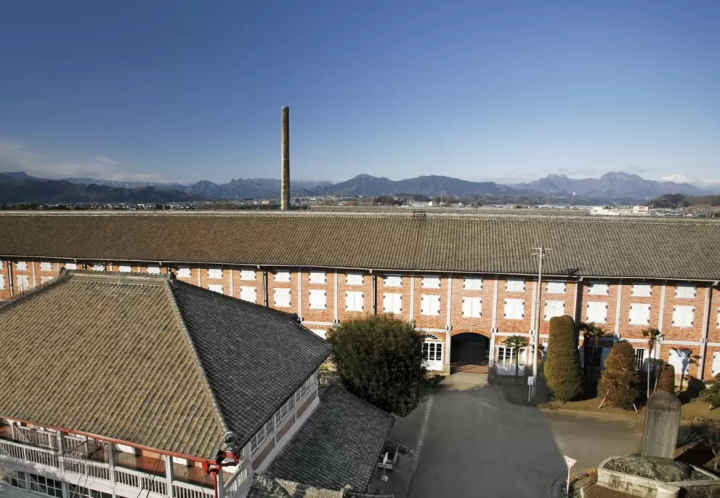For Free! Join A One-Hour Nihon Buyo Dance Workshop In Asakusa

Nihon buyo is a traditional Japanese art based on elegant dance and gestures. A free nihon buyo workshop is held every Sunday in Asakusa for international visitors. This article introduces the features of this workshop and how to participate.
Learn the Basics of Nihon Buyo in Asakusa

Picture courtesy of Arts Council Tokyo
Many travelers hope to experience and learn about traditional culture when coming to Japan. Fortunately, the opportunities to learn the basics from professionally-taught short workshops, in areas like kimono, tea ceremony, calligraphy, and other traditional crafts, are increasing.
However, the chance to learn nihon buyo, a cherished traditional performing art, in a short amount of time and for free, is very rare.
This article introduces information about and the highlights of a free Japanese dance workshop held for visitors from abroad, taking place in the famous area of Asakusa, Tokyo. Be sure to take this opportunity to experience Japanese culture through a Japanese dance workshop.
What Is Nihon Buyo?

Picture courtesy of Arts Council Tokyo
Nihon buyo is one of the traditional performing arts of Japan. This art is known for combining “mai“, a type of dance based on tranquil and elegant movements, and “odori” which is a more upbeat and festive type of dance.
Nihon buyo performances tell a story with everyday actions expressed through dance to the rhythm of song and instruments. The elegance of the dance and richness of the presentation determines the program's success.
This is why every detail of the performance is very important. Even the patterns of the kimonos worn by the performers are made to match the story. The folding fans and props used in the dances also fulfill an important role.
In nihon buyo, various scenes are portrayed through dance. In addition to performances on stages in front of large audiences, there are also performances held by geisha and maiko (apprentice geisha) to entertain guests at high-class facilities such as ryotei (traditional Japanese restaurants).
Originally developed and created from kabuki theater, some scenes found in kabuki performances are based on nihon buyo. In this way, nihon buyo allows guests to further appreciate the intricacies of kabuki actors’ art.
Recently this art form has been capturing international attention, and some contemporary dancers who have learned Nihon buyo are introducing elements from the art into modern works.
A Traditional Japanese Dance Experience for Guests from Abroad

Picture courtesy of Arts Council Tokyo
At the Asakusa Culture Tourist Information Center, the “Traditional Culture Experience Programs for Foreign Visitors: Japanese dance workshop” is held every Sunday (*with the exception of a few dates) for those interested in encountering traditional Japanese culture. The activity lasts for about one hour and is offered for free.
Under the guidance of a professional nihon buyo dancer, participants will dance a simple program after practising the basics. At the end of the workshop, the participants will watch a performance put on by professional dancers. This is a wonderful and fun opportunity to experience Japanese culture.

Picture courtesy of Arts Council Tokyo
At the workshop, participants will first change into yukata, a type of a summer kimono. Various sizes of yukatas are available in order to accommodate the needs of persons with any body size, from very tall persons to children.
After you choose the pattern you like most from the many types available, the staff will help you put on the yukata. After the workshop, you can have your picture taken.
In addition to yukatas, folding fans used in the dance, and other necessary items are provided at the venue.

Picture courtesy of Arts Council Tokyo
After putting on the yukata, you will learn how to use a folding fan, along with the basic dance movements and gestures from a nihon buyo teacher. Because refined, graceful movements are important in nihon buyo, it is an activity that can be easily enjoyed by all the visitors, regardless of age.

Picture courtesy of Arts Council Tokyo
Once you’ve learned the basics, you will next apply the basic movements into a dance program. All participants will dance using their newly acquired nihon buyo skills, following the instructor’s example.
We're sure you will feel transformed by the essence of Japanese art as you dance in yukata with a fan in hand. This is the perfect experience for visitors with an admiration and interest in Japanese culture.

Picture courtesy of Arts Council Tokyo
At the end of the workshop, you will be able to watch a famous nihon buyo performance: “Fujimusume” (Wisteria Maiden). “Fujimusume” is a dance program written in the early nineteenth century, with a wisteria spirit as the main character. In this dance, the wisteria spirit expresses her feelings of affection towards the man she loves, along with her sadness about her unrequited love, while dancing elegantly.
A Japanese dance workshop allowing participants a firsthand view of this enchanting performance originating from kabuki dance is truly a once-in-a-lifetime experience!

Picture courtesy of Arts Council Tokyo
You will also have a chance to take a photo with the dancers after the professional performance. It's a great way to create a nice memory of your day wearing yukata and taking part in a Japanese dance workshop.
How to Apply for the Japanese Dance Workshop

Picture courtesy of Arts Council Tokyo
We recommend applying ahead of time in order to participate in the Traditional Culture Experience Programs for Foreign Visitors: Japanese dance workshop for international tourists and non-Japanese residents.
Applications can be made here: https://tokyo-tradition.peatix.com/
Workshops are held on the 6th floor of the Asakusa Culture Tourist Information Center.
The Traditional Culture Experience Programs for Foreign Visitors: Japanese dance workshop takes place every Sunday from April 7, 2019, to March 29, 2020, held three times a day at 11:00, 13:00, and 15:00. You can choose the session that best fits your travel plan and schedule. Each workshop will be about one hour long.
Other Traditional Culture Experiences Worth Checking Out
Arts Council Tokyo, the host of the Traditional Culture Experience Programs for Foreign Visitors: Japanese dance workshop, also holds various other traditional culture experience workshops.
We especially recommend the Engei in Edo-Tokyo Museum and Shamisen of Nagauta (*1) for international tourists and short-term residents. These activities are held at the Edo-Tokyo Museum and Asakusa Culture Tourist Information Center, respectively.
Through the Engei Experience in Edo-Tokyo Museum, you will learn skills that are entertaining and surprising to audiences, such as kyokugei (acrobatics) and kamikiri (traditional paper cutting). The workshops are 30 minutes in length and held every Saturday until March, 2020, at 12:30, 14:00, and 16:00 (*except for October 5 and December 28, 2019). For details, please check this page.
The Shamisen of Nagauta workshop at the Asakusa Culture Tourist Information Center, introduces the shamisen, a traditional Japanese instrument. Participants will learn how to perform a simple song. The shamisen is an instrument used in kabuki and ningyo joruri (traditional Japanese puppet theater), and in this Asakusa Experience Program, you will use the hosozao (thin neck) shamisen utilized in kabuki theater. This is a 60-minute workshop held on the third Sunday of each month (*2) from September 2019 to February 2020 from 11:30, 13:20, and 15:10.
*1 Nagauta: a type of traditional Japanese song centered around singing accompanied by shamisen.
For details about each Traditional Culture Experience Program, please refer to the website of Art Council Tokyo’s Traditional Culture Program.
Enjoy the Traditional Cultures of Japan!

Picture courtesy of Arts Council Tokyo
The Traditional Culture Experience Programs for Foreign Visitors: Japanese dance workshop is held on the 6th floor of the Asakusa Culture Tourist Information Center. The center is located in front of Sensoji Temple’s Kaminarimon Gate in Asakusa. It is a program held for free by the city of Tokyo and Arts Council Tokyo, allowing many different participants and visitors from abroad the chance to learn about the charms of traditional Japanese culture.
Please don't miss out on this valuable opportunity to learn fundamental nihon buyo dance movements from professionals, wear a traditional yukata, and join in the dancing for yourself!
Apply to participate here: https://tokyo-tradition.peatix.com/
Japanese Dance Experience Program Details: http://www.tokyo-tradition.jp/2019/eng/program/032/
Traditional Culture Experience Programs For Foreign Visitors Website: http://www.tokyo-tradition.jp/2019/eng/program/
Organized by Arts Council Tokyo (Tokyo Metropolitan Foundation for History and Culture)
Supported by and in cooperation with Tokyo Metropolitan Government
MATCHA's promotional account for corporate and local government advertising. We aim to provide useful information to our readers in an enjoyable manner.







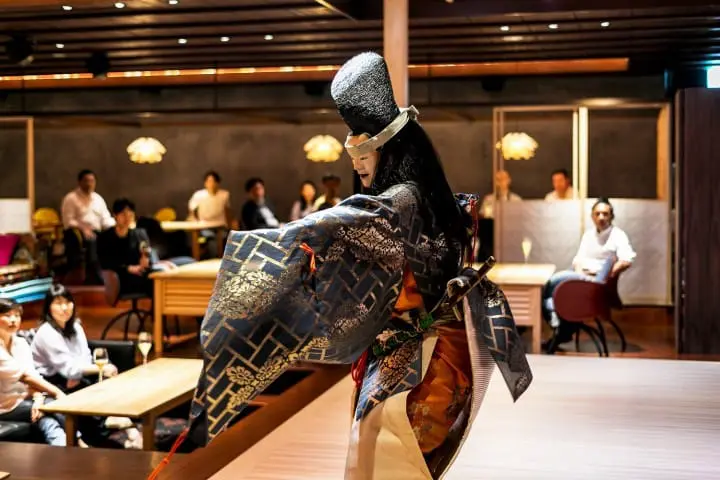
















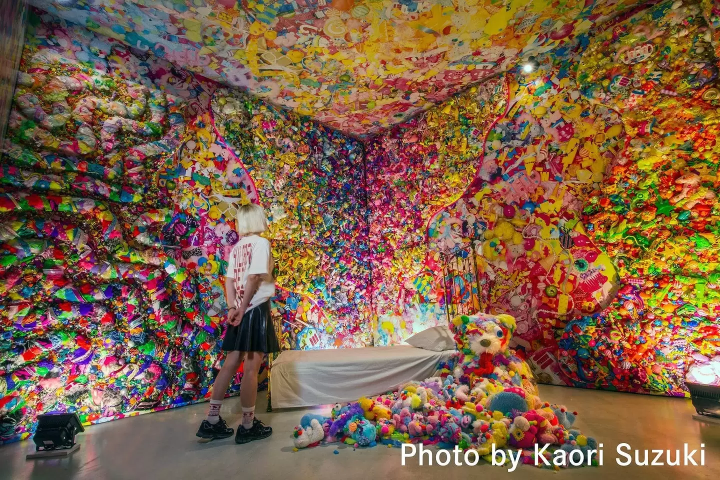
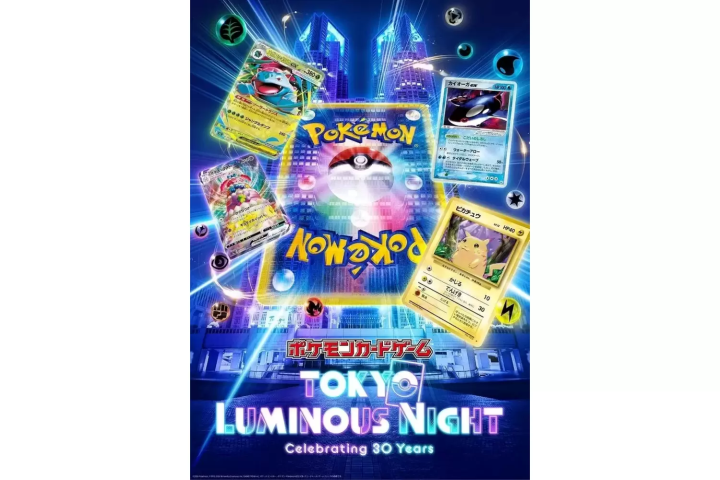








![[Southern Oita Prefecture (Usuki and Saiki)] A journey through fermentation and tradition. Oita Sustainable Gastronomy](https://resources.matcha-jp.com/resize/720x2000/2026/02/27-259975.webp)
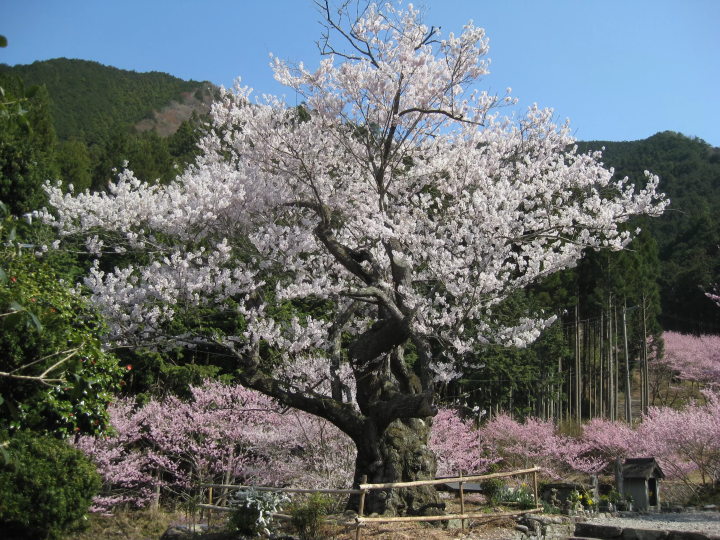
![[Hiroshima] ORIZURU Making at the Hotel / Sheraton Grand Hiroshima Hotel](https://resources.matcha-jp.com/resize/720x2000/2026/02/26-259811.webp)
![[Aichi] 30 minutes from Nagoya! 8 must-see tourist spots in Tokoname, the city of beckoning cats and pottery](https://resources.matcha-jp.com/resize/720x2000/2026/02/26-259808.webp)
